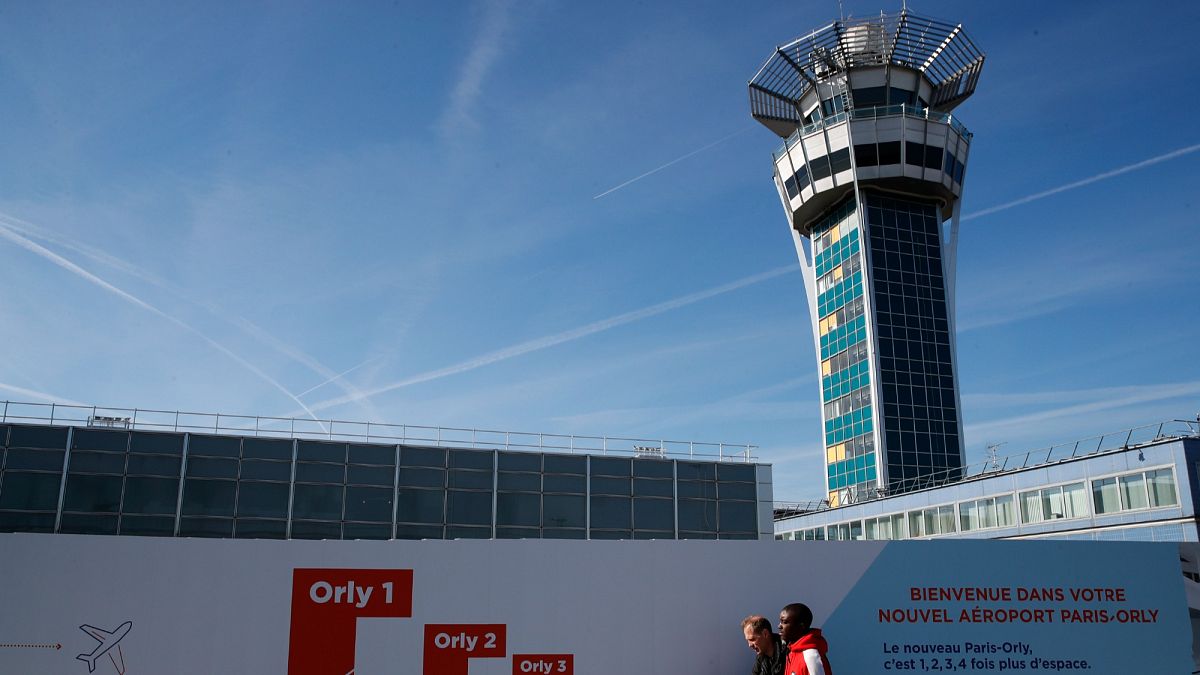

As the summer holiday season begins, a variety of international events are unfolding across the globe, painting a complex picture of economic struggles, political challenges, and human resilience. In Europe, potential disruptions loom over the travel industry, while humanitarian concerns arise in Greece. Across the ocean, the United States faces both economic and legal challenges, highlighting a diverse array of issues facing the world today.
In France, air traffic controllers have called for strikes at a time when many travelers are eagerly setting out for summer vacations. The planned walkouts are anticipated to potentially cause delays and cancellations across several key airports within France and beyond. The looming strikes signal a possible disruption, urging travelers to remain patient as industries strive to balance service demands with workforce rights and concerns. This is a critical period, and efforts are being made to address the situation amicably.
Meanwhile, the Greek island of Crete is witnessing an increase in migrant arrivals from Libya, with over 7,300 individuals having reached its shores this year. This significant influx of people seeking refuge has overwhelmed existing shelter capacities, prompting Greece to deploy naval forces to manage the situation. Humanitarian concerns take precedence as efforts are made to provide shelter and care for these new arrivals, highlighting the ongoing challenges faced in managing migration flows across the Mediterranean.
An economic snapshot of the challenges faced globally can be seen in the World Bank’s recent assessment, which highlights that extreme poverty is increasing in 39 countries affected by war and conflict. More than a billion people are now experiencing hunger as civil and international wars stifle economic growth. This urgent plea calls for international attention and collaboration to eradicate hunger and foster economic resilience in affected regions.
In the business sector, Lotus, the iconic British car manufacturer, is considering a transformative move by shifting its sports car production from the UK to the US. This decision, still under consideration by the carmaker’s Chinese owner Geely, could potentially impact 1,300 jobs, underscoring the broader uncertainties within the automotive industry and national economies in transition.
Across the Atlantic, the United States is grappling with a significant legal case, as federal prosecutors charge 11 individuals in a Russia-based scheme that allegedly defrauded Medicare, the country’s health insurance program, of over $10 billion. The alleged fraud involves the misuse of Medicare recipients’ information to submit fraudulent claims, showcasing the ongoing efforts by authorities to safeguard economic and social systems from exploitation.
In the political arena, the Trump administration continues to navigate the complexities of international relations and technological advancements. The US Senate recently voted against a resolution that sought to limit the administration’s military powers in Iran, furthering the ongoing diplomatic dialogue amid global political landscapes. The administration is also focusing on enhancing energy supplies to bolster the expansion of artificial intelligence technologies, reflective of the evolving nature of international competition and cooperation.
These events collectively emphasize the significance of thoughtful, proactive approaches to global challenges. As the world becomes increasingly interconnected, collaboration, understanding, and innovation remain pivotal in addressing the multifaceted issues confronting nations and individuals alike.
Source: {link}
